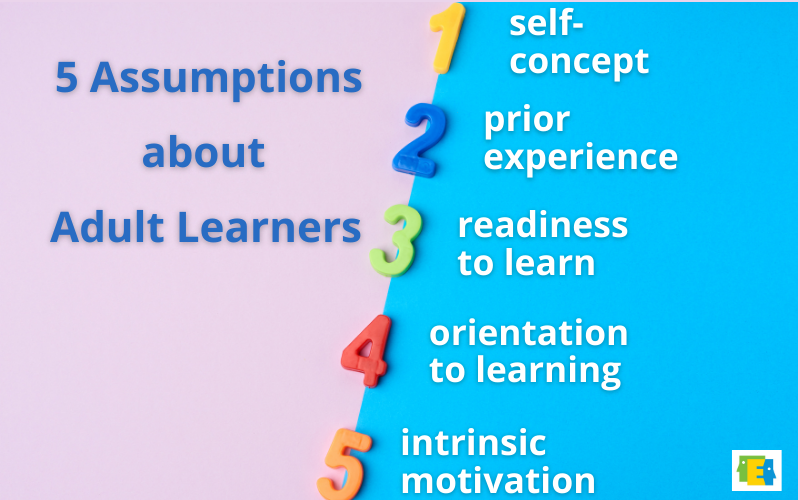Is Your School PD Meeting Adult Learning Needs? Here’s How to Ensure It Does

Do you think about andragogy when planning professional development and learning for teachers? Hopefully, the answer is “yes” because andragogy simply means “adult learning.”
Students’ age, schema for organizing knowledge, and developmental needs are taken into consideration when teachers plan lessons. So why don’t instructional leaders do the same when planning professional learning for adults?
That wouldn’t be the case if Malcolm Knowles had anything to do with designing PD. The American educator was a major proponent of employing adult learning principles to better guide learning experiences.
We’ve outlined Knowles’ theory of adult learners and questions you can use to ensure your school PD for teachers is more effectively meeting their needs.
And, spoiler alert: video coaching meets all the areas of adult learning.
What do we know about adult learning?
Knowles developed five understandings about adult learners to help explain how they approach professional learning.
You’ll likely find that teachers embody all of these five points. Use the prompts following each to consider how the PD you design can better meet adult learners where they are at.
- Self-Concept. Adult learners are self-directed and can be in the driver’s seat of their own learning. Adult learners need to be involved in the design of their own learning.
- Are you “doing” PD to teachers or are they involved in its, and their own, development?
- Pro-tip: Video coaching empowers teachers to reflect on videos of their own instruction, and take ownership over their areas of growth.
- Experience. Adults have a growing wealth of knowledge and experience, which is the basis and a resource for their continued learning.
- Does your school’s professional learning build on what teachers already know and the resources they have available?
- Readiness to Learn. Adult learners are interested and ready to apply what they learn to their role as teachers.
- Is the PD content teachers are learning relevant and applicable to their role?
- Will the PD content have an immediate impact on their instruction?
- Pro-tip: Aligning teacher feedback to your school rubric of teaching standards helps make areas of growth clear and relevant.
- Orientation to Learning. Adult learning is for accomplishing tasks and solving problems.
- Does the PD content solve a problem teachers have?
- How can teachers use what they learn to implement in the classroom?
- Motivation to Learn. Adult learners are intrinsically motivated to learn and be successful in their roles.
- How is your school’s PD incorporating and fueling teachers’ motivation?
- Does it help them be more successful and confident in their role?
You can find more helpful skills and strategies for teachers and instructional coaches here.
